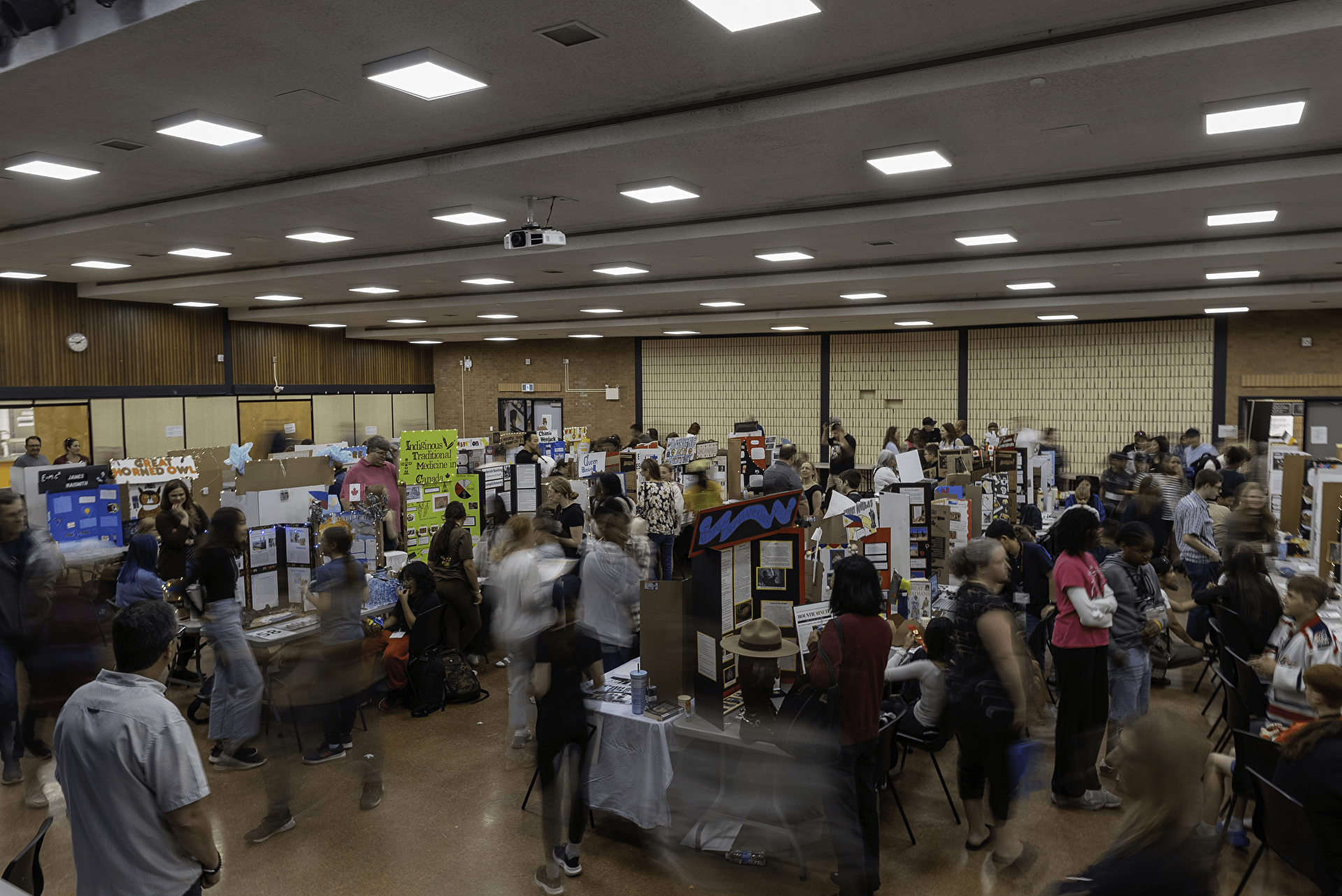
Student Resources
Print Resources
Historical Fiction
The Heritage Fair staff have compiled lists of historical fiction for middle grades. These lists include stories with content related to both Indigenous and settler history in Canada. The lists are organized by region, topic, and ethnic background. Some of these books are no longer in print, but may still be found in school and community libraries. Download the PDF lists below:
- African-Canadian Heritage
- Asian-Canadian Heritage
- First Nations and Métis Heritage
- French-Canadian Heritage
- Jewish-Canadian Heritage
- Saskatchewan
Historical Non-Fiction
We are currently working on compiling a list of historical non-fiction titles. Our current list is a bit limited, but we will be working to add more. Download the list below:
Digital Resources
Archives Canada Digital Objects
- Access thousands of digital objects from archives across Canada.
CBC Archives
- The CBC/Radio Canada has collected thousands of CBC radio and television clips from the past seven decades into hundreds of topics that can be viewed or listened to on the website.
Dictionary of Canadian Biography
- Available in both English and French, the Dictionary of Canadian Biography includes over 8500 biographies of individuals relating to Canadian history from 1000 to 1940. In addition, this website includes research resources and educational toolkits to promote historical thinking. There are also features on early explorers, Canada's Wartime Prime Ministers, the First World War, and the War of 1812.
Old Maps Online
- This website provides an interactive world map which allows users to trace along a timeline and provides visualizations of the evolution of borders, rulers, plots significant individuals, and battles. The website is linked with Wikipedia, allowing users to read more about specific countries, regions, people, and events. This is a good tertiary source for students to learn using an interactive and visual aid.
Digital Museums Canada
-
This link takes you to a searchable database of digital exhibits hosted by multiple Canadian museums.
The Canadian Encyclopedia
- The authoritative online source for any topic related to Canada. This website includes a timeline of 6,000 significant Canadian events, most read articles and most recommended articles.
The Héritage Project
- This project, created by Canadiana, is a compilation of Canada's most popular archival collections with over 40 million pages of primary sources. The content ranges from the 1600s to the mid-1900s. Current collections include: genealogy, Indigenous history, government documents, military history, and landmark papers.
Library and Archives Canada
- Search through thousands of primary source records relating to various topics in Canadian history.
This online exhibit, created by Juno Beach Centre and Digital Museums Canada, shares Canadian experiences of the first and second world wars through a timeline of events. This online exhibit on the Community Stories website discusses the events of the sinking of allied merchant ships off the coast of Bell Island by German U-boats. This virtual exhibit highlights five Indigenous rock art (petroglyphs and/or pictograph) sites located throughout Canada. The exhibit provides information on the Indigenous groups who created the images and discusses other nearby archaeological sites. Additional resources on rock art can be found on the website as well. This page provides links to collections (including primary and secondary resources) on Fur Trade history in Canada (some on the west, which includes some American Fur Trade history). This website provides the history of immigration in Canada, including legislation governing immigration. The site also includes other research resources such as immigration records and oral histories.
Saskatchewan History
Encyclopedia of Saskatchewan
Saskatchewan Archival Information Network
Provincial Archives of Saskatchewan
Western Development Museum
Société historique de la Saskatchewan
World Wars
From Vimy to Juno: Canadians through Two World Wars
When World War II Came to Bell Island, Newfoundland
Exploring Small Town Canada at War
Sports and Recreation
Boots & Blades: The Story of Canadian Figure Skating
Indigenous History
Images on Stone - A Virtual Exhibition on Rock Art in Canada
Learning Modules Created by the Assembly of First Nations
Native Land Digital Maps
Paths to Reconciliation - Residential School Maps by Canadian Geographic
The Virtual Museum of Métis History and Culture
Fur Trade
The University of Winnipeg – Fur Trade History
Henry Kelsey – Canadian Encyclopedia Entry
Immigration
Pier 21 Immigration History
University of Manitoba - Prairie Immigration Experience
British Columbia’s Black Pioneers: Their Industry and Character Influenced the Vision of Canada
Nikkei Tapestry: Japanese Canadians in Southern Alberta
Building New Lives: Stories of Holocaust Survivors’ Immigration to Canada
Doukhobor Heritage
Chinese Canadian Museum
Black Loyalists: Canada’s Digital Collections
Grosse Île: The Quarantine Island
German Traces in Canada
Saskatchewan's German-Canadian History
